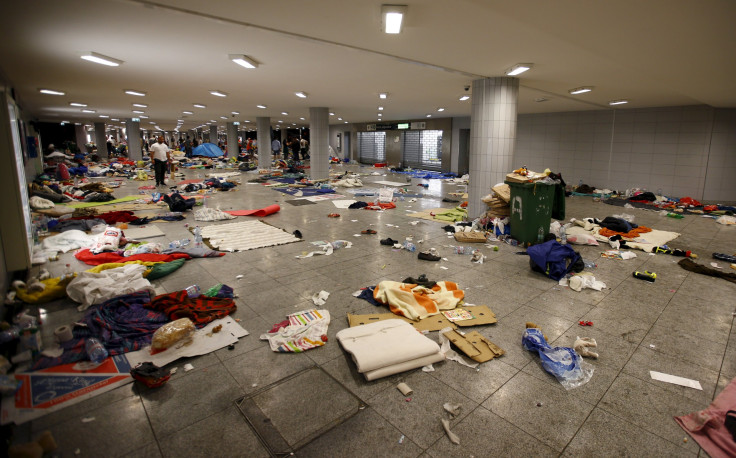Migrant crisis: Wealthy Gulf countries including Saudi Arabia have accepted zero Syrian refugees so far

The richest Middle Eastern nations including Saudi Arabia have not accepted any Syrian refugees yet.
While a number of European countries are being criticised for not accepting the migrants, reports suggest Syria’s wealthy neighbours in the Arab world have not done much either.
European countries like Hungary refuse to accept Muslim asylum seekers to Europe to preserve the Christian tradition of the continent. The arrival of a huge number of migrants in Europe is unprecedented since the World War II.
“The Six Gulf countries -- Qatar, United Arab Emirates, Saudi Arabia, Kuwait, Oman and Bahrain -- had offered zero resettlement places to Syrian refugees," Amnesty International said in December, “The number of Syrian refugees hosted by Turkey alone, is more than 10 times the number of new Syrian asylum applications received in all 28 EU countries in the past three years.”
Amnesty also reported that wealthy countries like Russia, Japan, Singapore and South Korea had also offered zero resettlement places for Syrian refugees.
News website Ilmfeed, which primarly focuses on the Muslim world, shared a statistical illustration on Facebook to show the number of Syrian refugees accepted by Middle Eastern countries. Saudi Arabia, the richest country in the Middle East, has accepted no Syrian refugees. Kuwait, Qatar and the United Arab Emirates have not accepted any Syrian refugees either. Lebanon accepted 1.2 million refugees so far, Turkey 1.8 million, Egypt 133,000 and Jordan 628,427.
However, the Middle Eastern countries that have not accepted Syrian refugees have made financial contribution to the migrant crisis. The maximum amount of money spent or pledged is around AU$1700 million (Kuwait). Saudi Arabia contributed around AU$850 million, UAE AU$790 million and Qatar AU$347 million, Ilmfeed's Facebook post says.
Amnesty called for at least five percent of refugees to be resettled from the main host countries (Lebanon, Jordan, Iraq, Egypt and Turkey) by the end of 2015, and a further five percent by the end of 2016, which amounts to 380,0000 people.
Contact the writer at feedback@ibtimes.com.au, or let us know what you think below





















